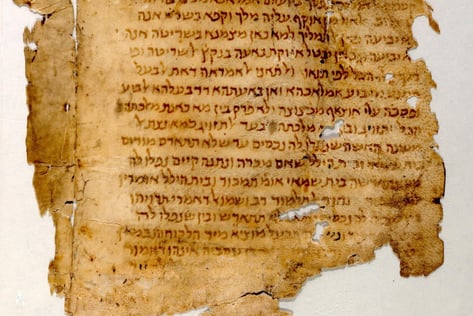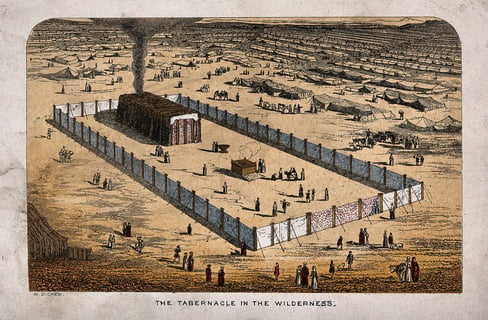The Hebrew Tanakh
The Tanakh, often referred to as the Hebrew Bible or the Old Testament by Christians, is the primary religious scripture of Judaism. It is composed of three main sections: the Torah (Law), the Nevi'im (Prophets), and the Ketuvim (Writings). The Tanakh contains a rich tapestry of religious, historical, and literary texts that trace the covenantal relationship between God and the Jewish people.
The Torah comprises the first five books of the Tanakh: Beresit, Shemot, Vayyiqra, Bemidbar, and Devarim. It is considered the most sacred and foundational part of the Tanakh, containing the foundational narratives of Jewish faith, including the creation of the world, the patriarchal stories of Abraham, Isaac, and Jacob, the Passover and Exodus from Egypt (Mizraim), and the giving of the Law at Mount Sinai.
The Nevi'im consists of two main parts—the Former Prophets (Yehoshua, Shoftim, Shemuel, and Melakim) and the Latter Prophets (Yesayahu, Yirmeyahu, Yehezqel, and the Twelve Minor Prophets). These books contain historical narratives, prophetic oracles, and theological reflections on Israel's history, faithfulness to God, and the consequences of disobedience.
Finally, the Ketuvim encompasses a diverse collection of poetic and wisdom literature, as well as historical and didactic texts. It includes Tehilim, Misle, Iyyov, Sir Hashirim, Rut, Eka, Qohelet, Ester, Dani'el, Ezra, and Divre-Hayamim. These writings explore themes such as faith, wisdom, suffering, redemption, and the relationship between God and humanity.
Followers of Judaism believe that the Tanakh was revealed by God to the various people that wrote it. It was originally written in ancient Hebrew and Aramaic.




A fragment of the Torah from the Cairo Geniza, a large collection of Hebrew writings that date from the 6th to 19th centuries CE.


A depiction of the Tabernacle, a structure utilised by the ancient Jews to worship God in the wilderness. It's construction is detailed in Shemot chapters 25-31.
Theos 2024
Translations are not the property of Theos. Individual translations are the property of their respective translators. Theos does not own the rights to any translation of any religious texts.
